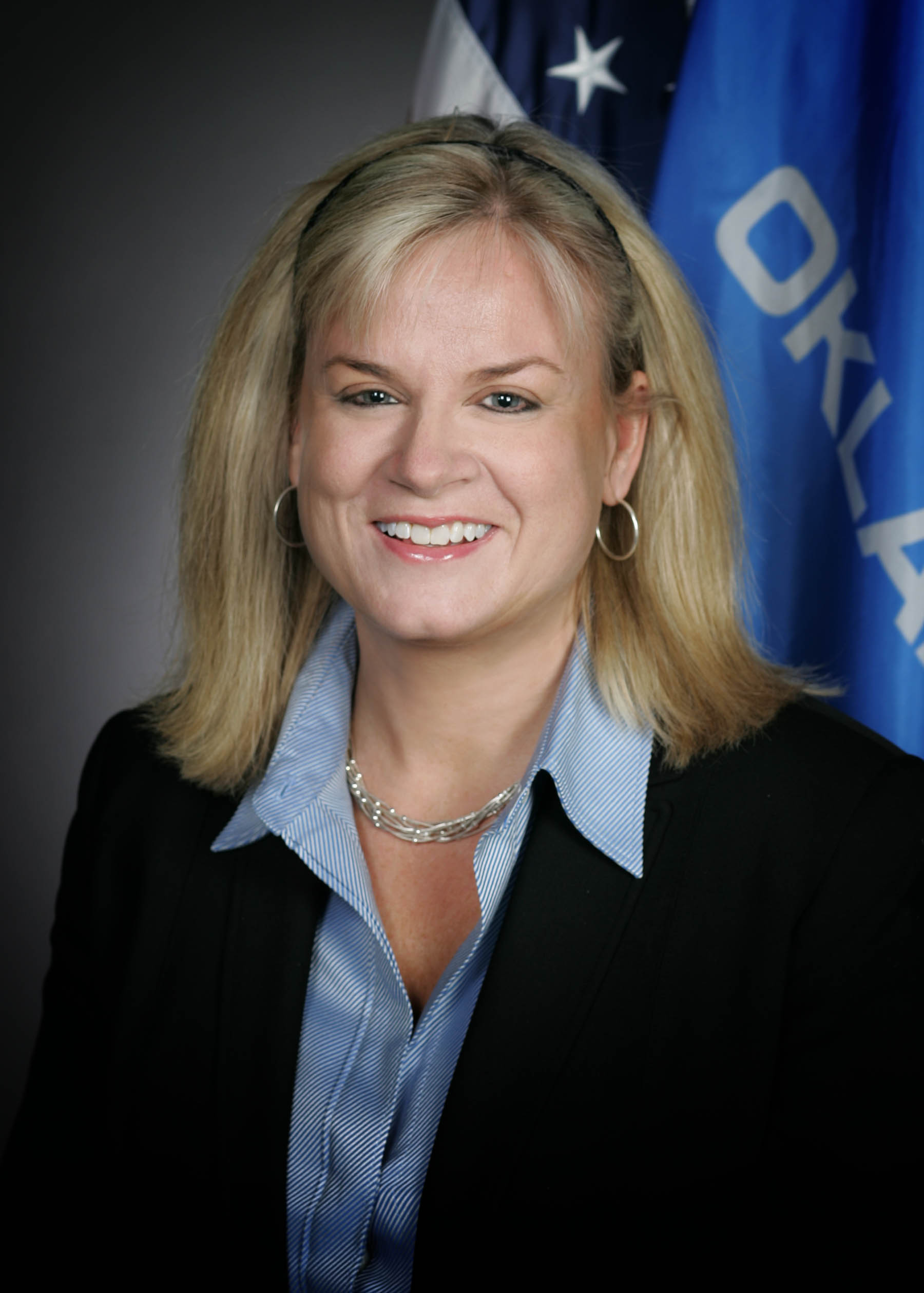
Leslie Osborn
1.12.20 – The Oklahoman eEdition – By Leslie Osborn
Occupational licensure is the requirement to meet various educational and experience measurements to practice a trade or profession within a state. In Oklahoma, the Occupational Licensing Advisory Commission was created to review the occupations that require this standard. Every year one-fourth of the state’s occupational licenses are reviewed by the commission and recommendations for potential changes are submitted.
When I took office a year ago, the list was compiled of 450 licenses and registrations, and a database had been started. The Labor Department narrowed the list to 210. A clear and concise database now links job seekers and career counselors to the requisite licensing requirements for obtaining licensure for any given profession in Oklahoma. The commission’s goal is to protect public safety and ensure integrity of the trade, while ensuring that licenses are not overly burdensome to applicants, don’t needlessly impede job entry and aren’t instruments of industry protectionism.
Several key measures were signed into law in the last legislative session in this purview. House Bill 1373 ensures that blanket refusal of an occupational license due to the applicants’ former felony conviction is prohibited. The felony conviction exceptions under the new law are for crimes posing a reasonable public threat
(e.g., violent or sexual crimes), as well as crimes substantially related to the field of the license. An example would be a person with a long background of breaking and entering applying for a license to work in the alarm and locksmith field. This could be grounds for licensure refusal, but the same person would not be prohibited from applying for a license in an unrelated field, such as welding.
Another measure, Senate Bill 670, allowed portability of licenses from state-to-state for military personnel and their spouses. Agencies were eager to aid in making the procurement of licenses easier for families who move frequently due to service to our country.
The Legislature also passed House Bill 2933, ensuring that individuals who cannot afford licensing fees could apply for a one-time, one-year fee waiver. Anything we can do as a state to ensure people are working toward a goal of being a working, taxpaying citizen should be a priority.
As in most areas of policy, the best answers are usually found through collaboration to find the middle ground. While we may not need to license hair braiders, there is a reason that some professional boards monitor outcomes for accountability and public safety. Most of us appreciate the licensure requirements of tattoo artists being trained to use new needles, or dentists being required to thoroughly autoclave the tools used in patients’ mouths to stop the spread of Hepatitis C and HIV. The commission will continue to do yearly reviews to ensure these types of reasonable standards and public protections remain, while promoting accessibility and pathways to licensure for Oklahoma job seekers.
Osborn is Oklahoma’s labor commissioner.
